|
We reached out to our Jackson Wild Media Awards filmmakers to ask them five questions about the experience of making their films.
What inspired this story? Director/Producer Josh ‘Bones’ Murphy: Even though I don’t believe in destiny, Artifishal seems like it was destined to happen. I was directing a short piece for 1% for the Planet, a non-profit started by Patagonia founder Yvon Chouinard and friend Craig Mathews that encourages businesses to give 1% of their gross receipts to grass roots environmental organizations making change, and over lunch someone asked Yvon what he was working on. He replied that they were just beginning a film about what he likes to call ‘the arrogance of Man.’ He went on to say it was about the way we’re mistakenly trying to control nature and manipulate salmon, one of the most iconic symbols of wild. Through fish hatcheries and fish farms we’re trying to make up for the degradation of rivers and waterways by producing manufactured salmon instead of protecting wild salmon and the environment that supports them. The effects are devastating, and salmon continue to slide towards extinction. I nearly dropped my sandwich in my lap. Filmmaker/environmentalist Jacques Cousteau was my childhood idol, and before a career in film I earned two degrees in fisheries biology and worked on a fish farm and managed a hatchery. I understood the issue inside and out. We shared food and stories on the tailgate of an old Toyota pickup, and talked more about the film and issues before getting back to the shoot at hand. At the end of the day Yvon asked me for my number and said he’d call. I was flattered, but I never thought I’d hear back. Two days later a producer from Patagonia Films called and said Yvon wanted me to direct the film. That casual lunch began a 2 1/2 year journey that just culminated in a month-long Patagonia store tour that began and Reykjavik Iceland and Oslo Norway before returning to the States and premiering at the Tribeca Film Festival. Describe some of the challenges faced while making this film/program? JM: Every production has it’s challenges. From the outset we knew we were going to be upending a story that most had been told was a positive one. For the large part, most people see fish as something they eat or play with while angling and not as wildlife with an important function to an ecosystem. Fish hatcheries and fish farms were seen as a good thing. They helped restore fish where we failed nature through habitat degradation and provided needed, and some say delicious, food. Why would anyone question that? Oh right, then there’s that darned science stuff that proves we’ve been fooling ourselves for a long time. Our producer Laura Wagner was from NYC and was a perfect gauge of someone who had no immediate relationship with fish. Actually they kind of grossed her out. This was key as we recognized that most viewers knew nothing about the topic and therefore probably wouldn’t care unless we created a connection that they could understand and appreciate. Collin Kriner edited the film, and while he’s from Montana, as an NYU film school grad it never really hit his radar. Both of these close friends were integral collaborators, and their varied perspectives were the key to making the film work. They balanced my obsessive research and endemic knowledge to land at a story that works for a larger audience. When finally embraced the idea that we could trust the viewers by showing more and telling less, we found the film. It became clear that the sheer absurdity at hand would be enough to make our point. We just needed to see it all and that’s what we set out to do. We largely shot on RED Epic Dragon in 5K—to save on data and not give away much field-of-view—and some on Alexa, and used refurbished SLR Leica R prime lenses throughout. The combination makes a rich organic picture and cuts a pretty slim outline without big cine lenses. We trimmed the package way down to make ourselves less conspicuous so hesitant subjects would open up more and have fewer questions about how much the camera must cost. We even dropped the follow focus and pulled focus on the lens barrel and lost the matte box in favor of screw-on filters. All additionally good strategies for the intense soaking we got while shooting much of the film outdoors, on the water, in the winter, in the Pacific Northwest. The most rewarding part of making the film was first the amazing people who contributed their creative best, too many to list here but I’m thankful to each. Beyond that it’s been the deep connections the film has made with audiences and the issue. Confronting viewers with something they have never seen on film before has a powerful affect in our image-crazed culture. Having people ask ‘how is it possible I didn’t know this was happening’ cut right to the quick. As a filmmaker you want people to feel something, as an environmentalist I want people to do something. The future of wild is too important not to. What impact do you hope this film/program will have? JM: I hope the film creates and appreciation of fish as wildlife and wild fish as worth our attention and protection. In a lager sense I hope we recognize the outsized impact humanity is having on the natural world and our failings when we continue to control it. With all of our technologic advances we still can’t build a flower. Wild is a powerful force, and nature’s ability to heal should not be underestimated. When we protect wild we have a chance to save many of the things the make this world beautiful. As Yvon says in the film ‘A life without wild nature, a life without these great iconic species is an impoverished life. If we loose all wild species we’re gonna lose ourselves.’ We agree.
0 Comments
Guest written by Robin McGahey, an Ocean Conservationist and enthusiastic volunteer at the 2019 Jackson Wild Summit. This year Jackson Wild was so proud to have been able to award Andrea Crosta as the 2019 Conservation Hero Award. He received the award for his work as Founder and Executive Director of Earth League International, a non-profit dedicated to using intelligence as a tool for conservation. Besides being the closest thing we have to an environmentally friendly Jason Bourne, Crosta is a dog lover, zoology major, businessman, intelligence officer, passionate conservationist, and more. I got the absolute pleasure of sitting down with Mr. Crosta and hearing about how he, and ELI, as he calls it, are changing conservation, one intelligence officer at a time. What’s your background? Andrea Crosta: I was born and raised in Italy, and grew up with a passion for wildlife protection. In school, I majored in Zoology and National Sciences, and was planning on developing a career in it, when my mother passed. After losing her at such a young age, I did what I had to do to support myself. I ended up diverting my attention to business, and got a master’s degree in business administration. In 1998, I launched one of the very first e-commerce companies in Italy, called ‘ThinkItaly’. Where did your background for intelligence come into play? AC: After founding ‘ThinkItaly,’ I got into intelligence and investigation high tech, applied to homeland security. Although I was in the private sector, we did a lot of work that the governments’ would then use. I worked a lot in the U.S., Europe, and Israel and our buyers, which were usually large government agencies. I was also the project manager for an anti-piracy sting off the coast of Somalia during the hay period. From that, I kept going. What started Earth League International (ELI)? AC: Seven years ago, I was in Kenya working as a security contractor for my very last client. I can’t tell you his name, but I can say he was a prominent politician in Somalia. I was looking at everything that was going on in Kenya, specifically with the increase in elephant poaching and I could see the gap between the rangers and the victims, these beautiful creatures. I would ask and they would say, “We are doing the best that we can, what else can we do?” So I decided to go back to my original passion, and decided to merge the conservation with security and high tech, and see what I get. That’s how ELI came into play, originally the Elephant Action League. This is not because we specifically specialized in elephants. It is because we liked what they symbolized: powerful, but not cocky. We decided to change it a few months ago because we kept getting asked if we only work with elephants. This name fits us much better. What exactly does ELI Do? AC: We use intelligence and apply it to conservation, through the collection and analysis of information 24/7. Imagine fighting terrorists from March to October... this is the same mindset that needs to go into conservation. If we really want to fight this, we need to know everything about everything and everyone involved. We have to map all of the players, honest and dishonest, making sure we know as much as we can possibly get our hands on. Everything counts. That’s the significance of our analysts back home. They are using several pieces of high tech software and diving deep into the dark web to weed out what, how, and where, and why. In addition to our projects overseas, we also created Wildleaks, which you may have heard of, which is an encrypted and safe program within ELI, that enables anyone to submit information to us, directly. How are you getting the information? AC: Mostly from people on the ground. “HumInt” as we call it. Human Intelligence is a classic; it is our assets on the ground that build a network of informants. Most of the time, these people don’t even know they are working with each other. We have people engaging with everyone from locals, police officers, and even the traffickers themselves, like you might have seen in The Ivory Game. What are some of the largest challenges you have faced? AC: Our strengths are in the field abroad. We have been really successful at building our network, gathering intel, and working with the locals. The biggest challenge has actually been at home, getting the support and funding. People find it hard to understand and connect with the idea of intelligence. It’s difficult, I understand. We aren’t the ones that have the pictures of the adorable baby elephants and definitely can’t invite them to join us on our expedition. They don’t understand that anti-poaching, without intelligence, is just buying time. The extinction times might extend, but without proper intelligence, extinction will still be present. Can you tell me a bit about the transition into media? AC: It’s interesting because they are such stark contrasts, as intelligence is incredibly secretive, and media is a public outlet. The partnership initially started with The Ivory Game. We were already working on an ivory trade project from Africa to Asia, when I got contacted by Richard Ladkani. He was looking for a story and we just got along really well. He originally didn’t know anything about ivory or the trade, but since has become an expert. Now, he is one of the very few people in the world that knows the names and faces of our covert agents in the films. He also understands the importance of privacy for our informants, and the length that we will take to protect them. That’s why when he asked about Sea of Shadows, it was a no brainer. Do you have any role models?
AC: The only one I can think of is Jane Goodall. She has become not just a mentor, but a dear friend and confidant for me. What’s next for you and ELI? AC: We have several projects and four documentaries in the works. In addition, we will be launching Wildleaks 2.0, and looking at doing a big push in Brazil right now in regards to the Amazon. We want to look behind the screen at the corruption that led to the fires. Our hope is to collect information on what is going on. Further down the road, we are hoping to train local law enforcement officers from around the world on how to identify, gather intelligence, and catch the traffickers on their own. Why do you what you do? AC: Conservation is the least innovative field I’ve ever come across. People have been doing and saying the same thing for forty years. Still, our wildlife and environments are dying. Technology doesn’t mean innovation. There are tools, yes, but true innovation comes within a complete change of mindset. Intelligence, like conservation, is a long-term war. We’re in it, and passionate about being there. Like any war, you have to know what, and who, you’re fighting. That’s where we come in.
We reached out to our Jackson Wild Media Awards filmmakers to ask them five questions about the experience of making their films.
What inspired this story? Producer and Director Lindsey Parietti: I was looking for a story for my University of the West of England wildlife filmmaking master’s program that would draw attention to an ongoing environmental issue in need of an urgent solution. I heard about the “blood chimps” offhand and was intrigued. As I started researching, the deeper I dug the more unexpected layers I uncovered. It was both fascinating and shocking and I knew I wanted to tell this story. Describe some of the challenges faced while making this film/program? LP: I had a very short filming window (only 2.5 days on location) and conditions in Liberia were very hot and humid so the cameras played up. We were filming the chimpanzees on the islands from a small boat so that was challenging as well. Something always goes awry on location but I enjoy the creative challenge of making it all work. How do you approach storytelling? LP: As a journalist I naturally want to examine things that fascinate me or grab my attention and that feel relevant, current and exciting. I try to use whatever platform I have to highlight stories and causes that aren’t being covered but deserve to be told. It’s a process of discovery and I try to approach it without foregone conclusions of what I might find. Once I’m crafting the story I like to keep it clear and authentic and try to be true to the narrative and characters. The goal is to capture their essence without overworking the final product. What impact do you hope this film/program will have? LP: I hope the film prompts us to consider our relationship with animals and the natural world. For a long time, we’ve taken power over other living things at our disposal and treated them as if they were disposable commodities. There are a lot of people working to change this and I’d like to play a part in telling their stories. I set out to make Blood Island as a campaign film that would draw attention to the chimps’ plight. However during the edit, the New York Blood Center reached a settlement to provide some money for the care of their former research chimpanzees. While this resolved some of the immediate problem, there are still issues regarding the future of these chimps including that they’ve reproduced on the islands, creating more chimps that will live for 50-60 years and need to be cared for. Practically I hope the film gives people a window into the issue and if they feel compelled, they can investigate further or donate toward the chimps’ care. You can find more information or get in touch with me on the film’s Facebook page: https://www.facebook.com/BloodIslandfilm/ What next? LP: I’ve recently wrapped a related tv series and am working on new ideas. Questions for Specific Categories: Impact: How can audience members take action to help the cause or issue featured in this film? LP: There are two organizations they can support: The Humane Society is currently looking after the retired lab chimps and Liberia Chimpanzee Rescue and Protection is rescuing orphaned chimps and trying to protect the critically endangered Western Chimpanzee in Liberia. If you feel compelled by the film and want more information or to get in touch I would love to hear from you on the film Facebook page: https://www.facebook.com/BloodIslandfilm/ Student and Emerging Science Filmmaker: What inspired you to tell this particular story? What did you learn during the making of this film? Any surprises? LP: I was looking for a story for my wildlife filmmaking master’s programme that would draw attention to an ongoing environmental issue in need of an urgent solution. I heard about the “blood chimps” offhand and was intrigued. As I started researching, the deeper I dug the more unexpected layers I uncovered. It was both fascinating and shocking and I immediately knew I wanted to tell this story. Any project I take on feels like one big learning process, which is why I love journalism and filmmaking. I learned so much about the chimpanzees and got to meet the amazing people involved in their cause. The University of the West of England masters programme was also a great opportunity to develop craft skills since we got to do everything ourselves from development to filming to post-production, including editing, color grading and building the soundscape. I had previously worked as a video journalist, but the timescale and everything that went into making something more cinematic was so different that I learned a lot and enjoyed the new challenge. |
Archives
March 2024
Categories
All
|
Contact UsJackson Wild
240 S. Glenwood, Suite 102 PO Box 3940 Jackson, WY 83001 307-200-3286 info@jacksonwild.org |

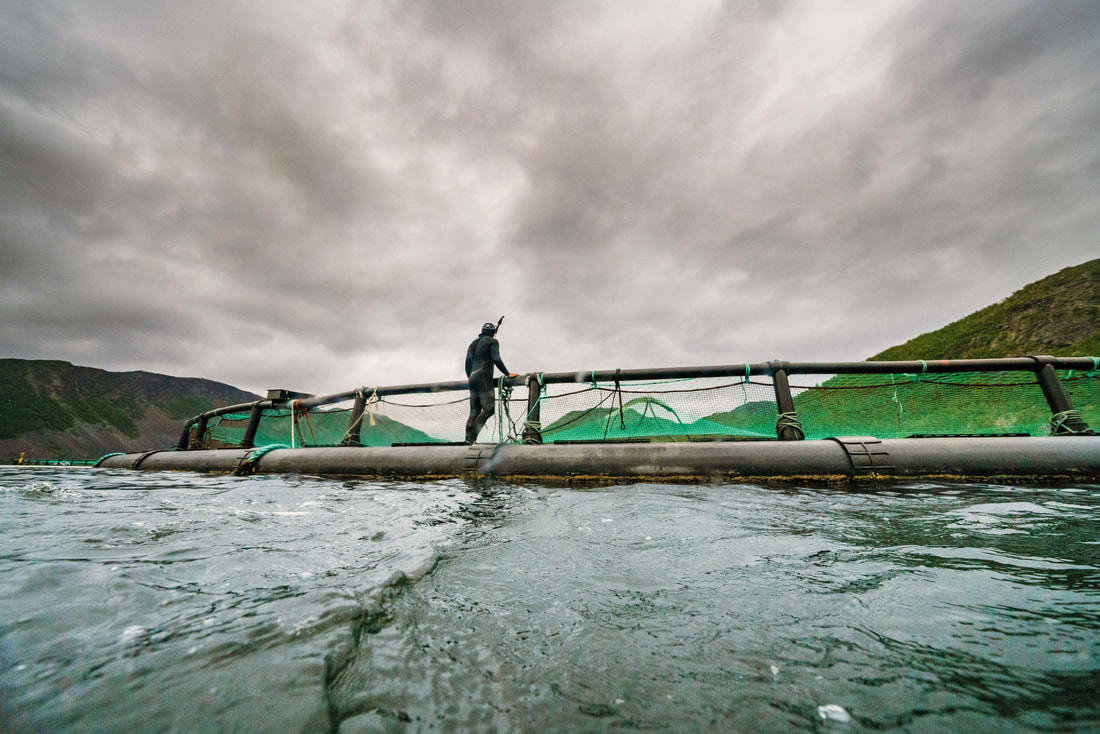
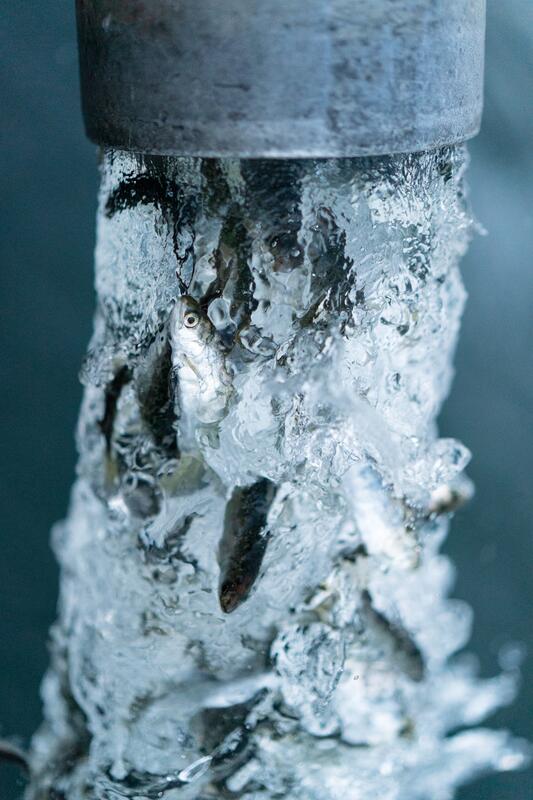
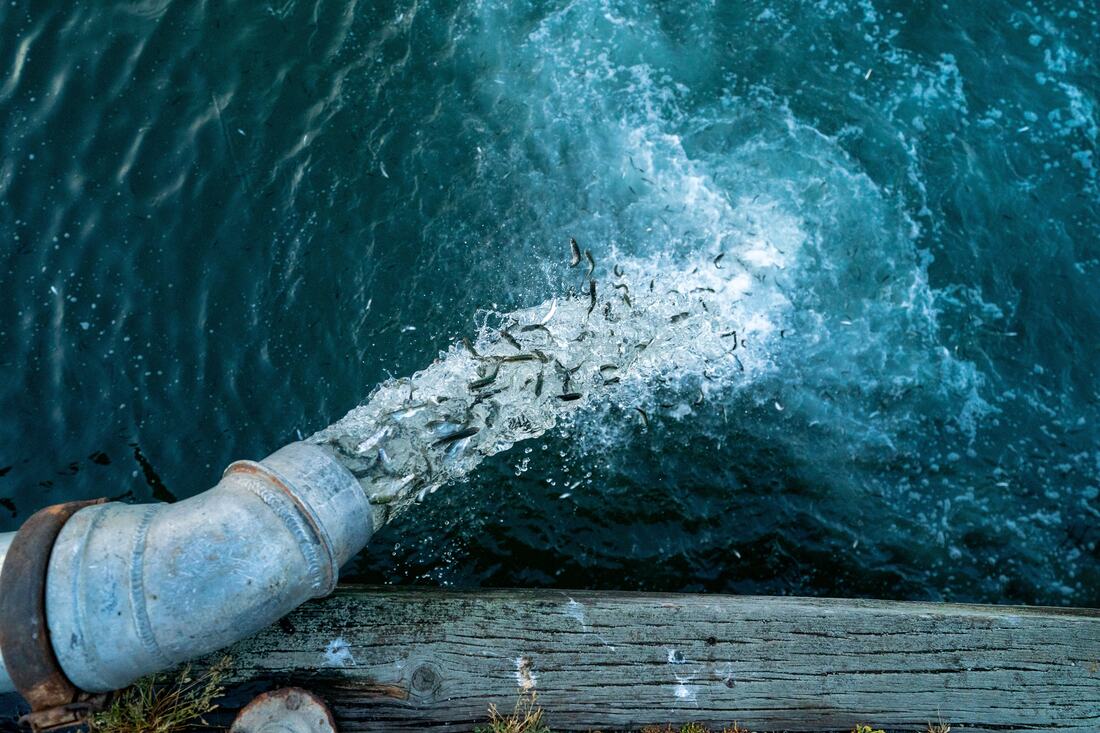
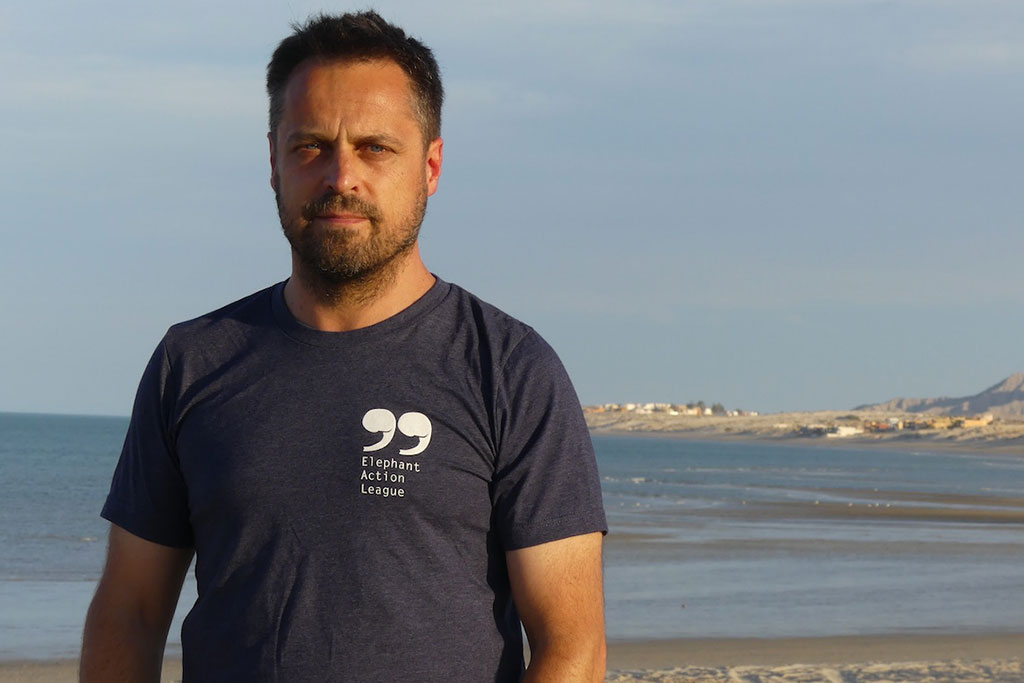
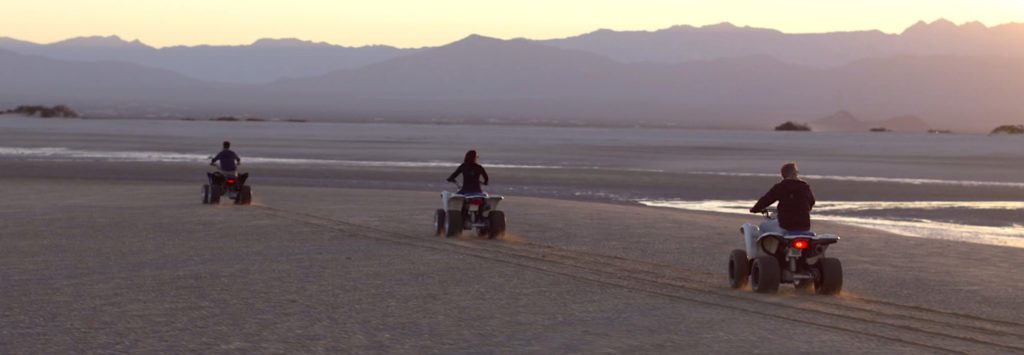
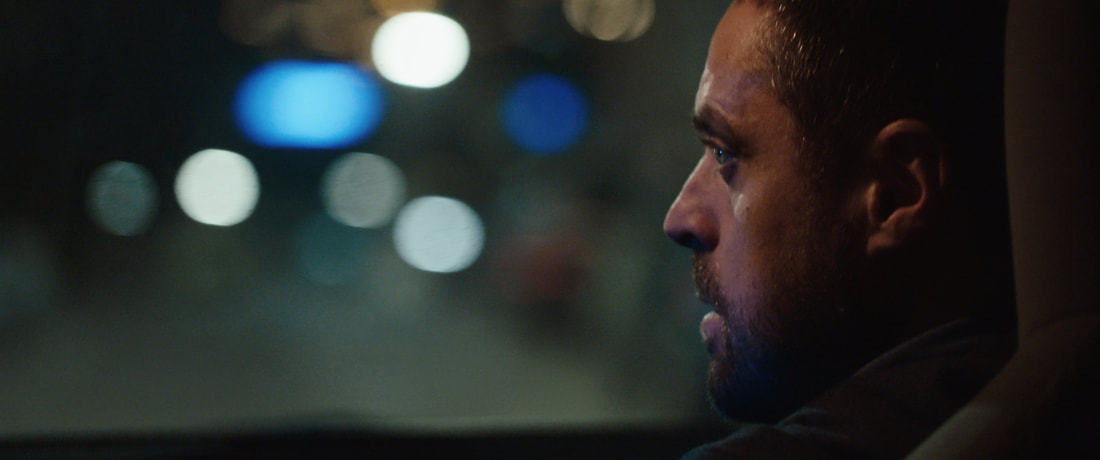
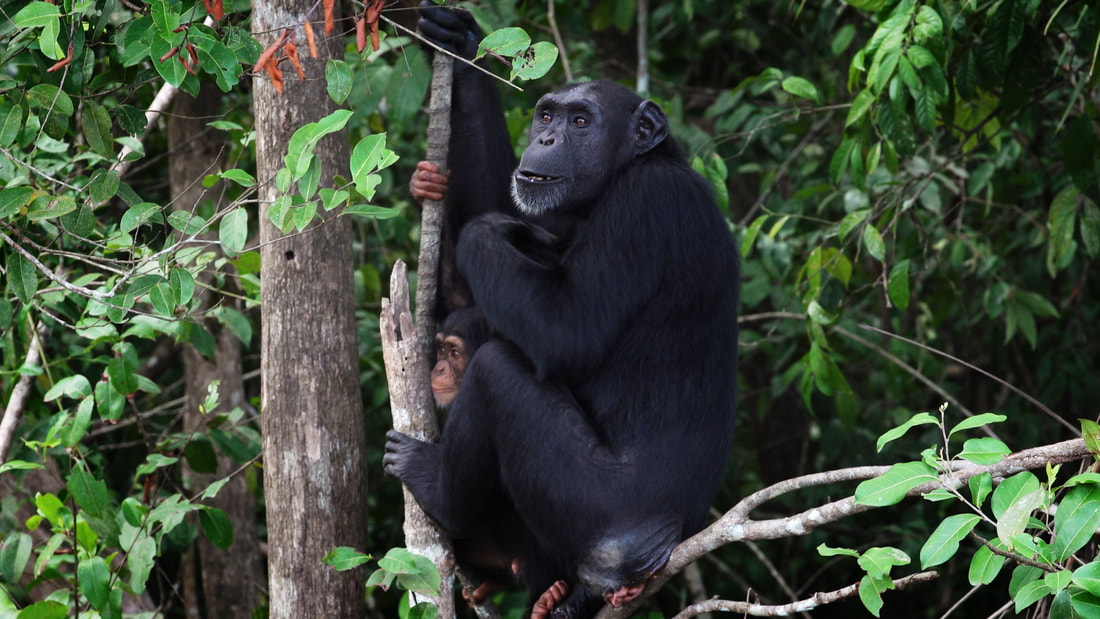
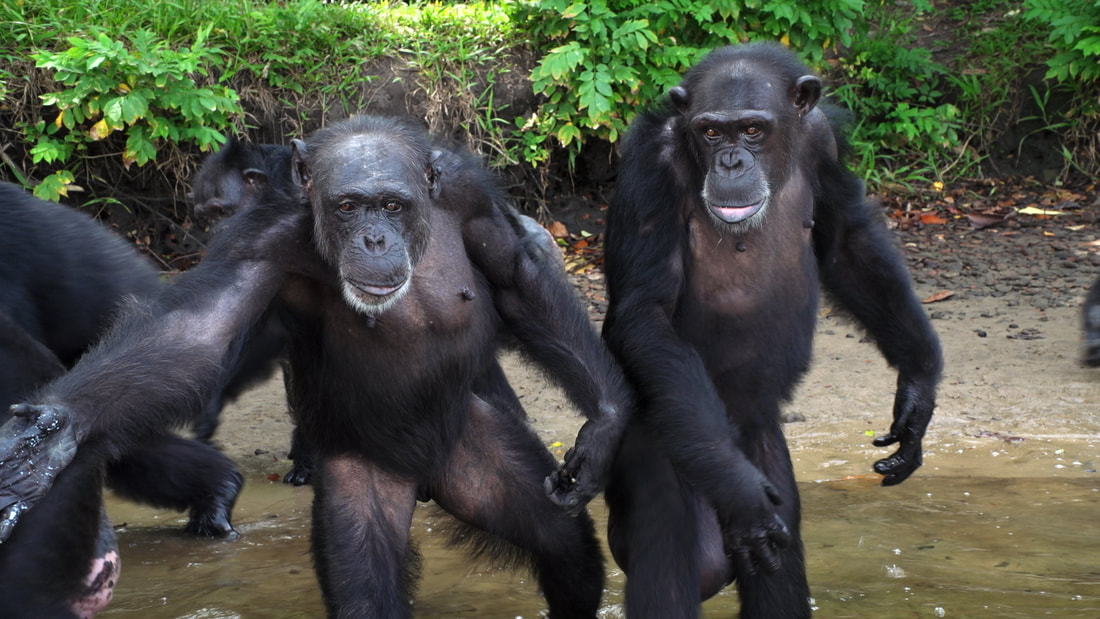
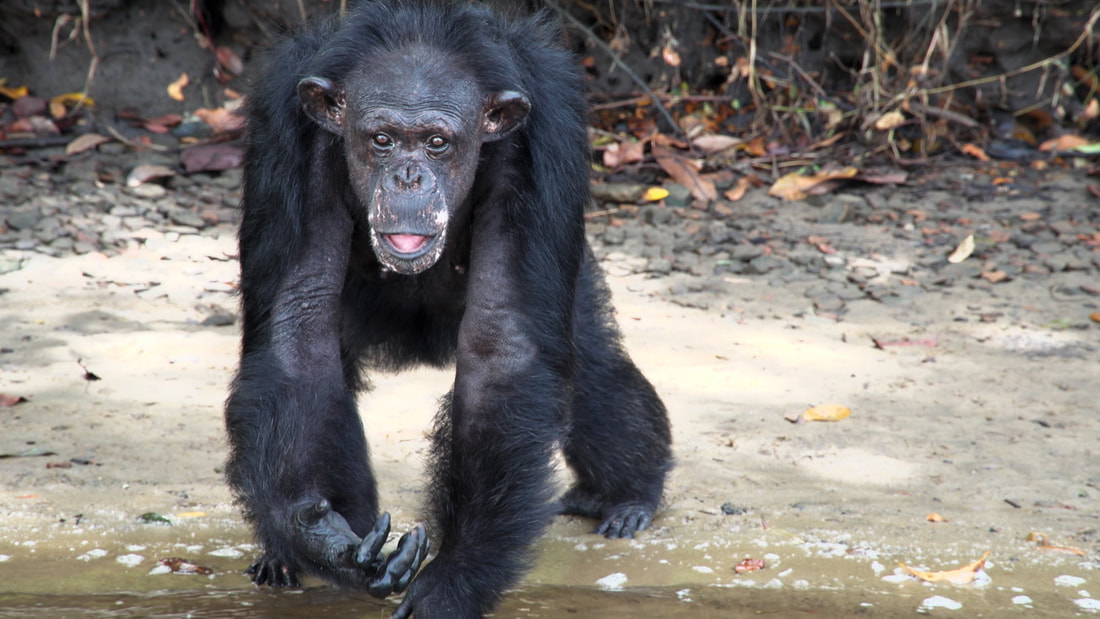
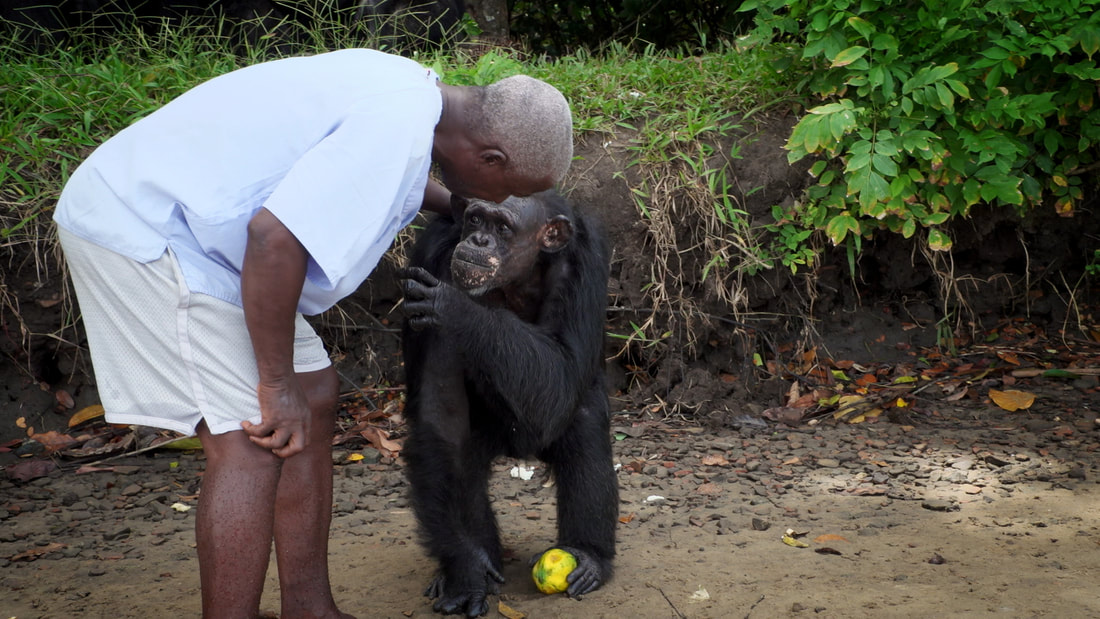
 RSS Feed
RSS Feed